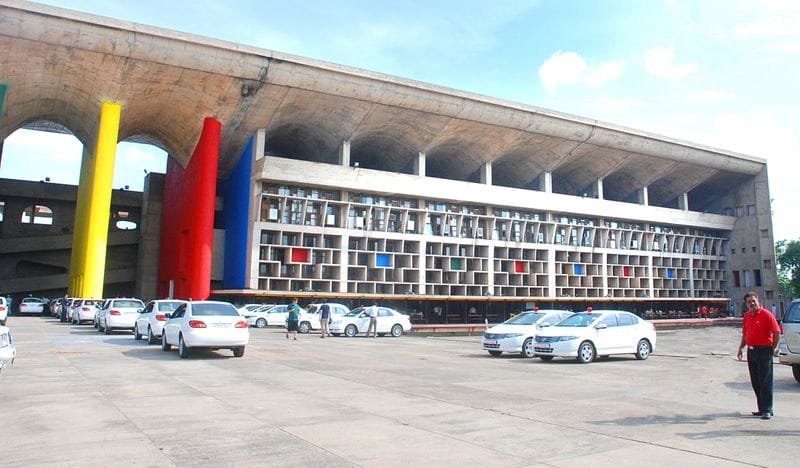Chandigarh, April 16:— The Punjab and Haryana High Court has struck down a nearly decade-old Punjab law that withheld grant-in-aid for terminal benefits to staff of privately managed aided colleges, calling it unconstitutional and a breach of prior judicial directives.
A Bench comprising Justice Sureshwar Thakur and Justice Vikas Suri, while allowing 34 writ petitions filed by the Non-Government College Managements Federation of Punjab and Chandigarh, ruled the 2016 Act “illegal, arbitrary and ultra vires the Constitutional provisions relating to non-discrimination and reasonableness.”
“The impugned Act of 2016 is quashed and set aside,” the Bench stated in a strongly worded judgment, accusing the state of legislative overreach. The court noted that the law was passed during pending litigation and aimed at nullifying final court directions mandating reimbursement of terminal benefits like leave encashment and gratuity.
The challenged law — Punjab Privately Managed Aided Colleges (Non-Payment of Grant-in-Aid on Account of Terminal Benefits) Act, 2016 — had effectively halted state support for such benefits, though the original 1979 grant-in-aid scheme promised reimbursement of 95% of private colleges’ deficit expenditure, including terminal dues.
The Bench held that the state’s move to sidestep its financial obligations amounted to a violation of promissory estoppel, breached legitimate expectations, and disregarded solemn judicial undertakings. It also noted that teachers’ appointment letters clearly guaranteed parity with government rules, including entitlements to gratuity and leave encashment.
“The legislative intervention sought to defeat binding court orders that had attained finality,” the Bench said, adding that such actions undermined the rule of law and could not be permitted in a constitutional framework.
The court observed that the state had earlier assured it would not take coercive steps contrary to court orders, a commitment now “blatantly violated.”
Directing the state to process all pending reimbursement claims, the High Court clarified that only those supported by audited accounts — certified by auditors appointed by the Comptroller and Auditor General (CAG) — would qualify for funding.
Petitioners argued the 2016 law was discriminatory and unfairly penalized aided college staff, despite prior commitments and service parity clauses. The court found merit in these submissions and restored the legal position prevailing before the enactment of the impugned law.
The verdict marks a significant relief for teaching and non-teaching staff across Punjab’s private aided institutions, who had been denied terminal dues for nearly a decade.

